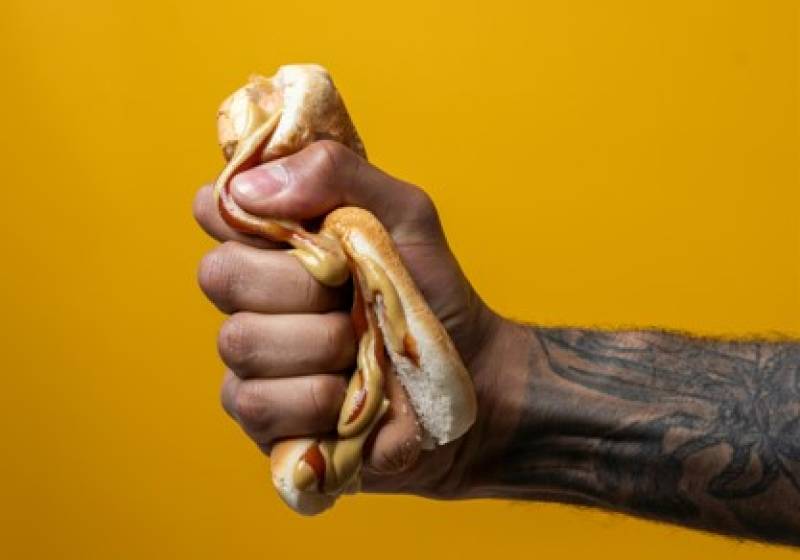- Region
- Águilas
- Alhama de Murcia
- Jumilla
- Lorca
- Los Alcázares
- Mazarrón
- San Javier
-
ALL AREAS & TOWNS
- AREAS
- SOUTH WEST
- MAR MENOR
- MURCIA CITY & CENTRAL
- NORTH & NORTH WEST
- TOWNS
- Abanilla
- Abarán
- Aguilas
- Alamillo
- Alcantarilla
- Aledo
- Alhama de Murcia
- Archena
- Balsicas
- Blanca
- Bolnuevo
- Bullas
- Cañadas del Romero
- Cabo de Palos
- Calasparra
- Camping Bolnuevo
- Campo De Ricote
- Camposol
- Canada De La Lena
- Caravaca de la Cruz
- Cartagena
- Cehegin
- Ceuti
- Cieza
- Condado de Alhama
- Corvera
- Costa Cálida
- Cuevas De Almanzora
- Cuevas de Reyllo
- El Carmoli
- El Mojon
- El Molino (Puerto Lumbreras)
- El Pareton / Cantareros
- El Raso
- El Valle Golf Resort
- Fortuna
- Fuente Alamo
- Hacienda del Alamo Golf Resort
- Hacienda Riquelme Golf Resort
- Isla Plana
- Islas Menores & Mar de Cristal
- Jumilla
- La Azohia
- La Charca
- La Manga Club
- La Manga del Mar Menor
- La Pinilla
- La Puebla
- La Torre
- La Torre Golf Resort
- La Unión
- Las Palas
- Las Ramblas
- Las Ramblas Golf
- Las Torres de Cotillas
- Leiva
- Librilla
- Lo Pagan
- Lo Santiago
- Lorca
- Lorquí
- Los Alcázares
- Los Balcones
- Los Belones
- Los Canovas
- Los Nietos
- Los Perez (Tallante)
- Los Urrutias
- Los Ventorrillos
- Mar De Cristal
- Mar Menor
- Mar Menor Golf Resort
- Mazarrón
- Mazarrón Country Club
- Molina de Segura
- Moratalla
- Mula
- Murcia City
- Murcia Property
- Pareton
- Peraleja Golf Resort
- Perin
- Pilar de la Horadada
- Pinar de Campoverde
- Pinoso
- Playa Honda
- Playa Honda / Playa Paraíso
- Pliego
- Portmán
- Pozo Estrecho
- Puerto de Mazarrón
- Puerto Lumbreras
- Puntas De Calnegre
- Region of Murcia
- Ricote
- Roda Golf Resort
- Roldan
- Roldan and Lo Ferro
- San Javier
- San Pedro del Pinatar
- Santiago de la Ribera
- Sierra Espuña
- Sucina
- Tallante
- Terrazas de la Torre Golf Resort
- Torre Pacheco
- Totana
- What's On Weekly Bulletin
- Yecla


- EDITIONS:
 Spanish News Today
Spanish News Today
 Alicante Today
Alicante Today
 Andalucia Today
Andalucia Today
article_detail
Date Published: 09/05/2025
This colour-changing food label is helping Europe cut waste - and it all started with a dodgy steak
Three young Spaniards have invented a smart biodegradable label that shows in real time when food has gone off, and it’s winning awards across Europe
 It began in a shared kitchen in Elche, Alicante, when a questionable-looking steak sparked a simple but powerful idea. Now, three young Spanish scientists, Pablo Sosa Domínguez, Pilar Granado and Luis Chimeno, have developed a smart food label that could help Europe tackle one of its biggest problems: food waste.
It began in a shared kitchen in Elche, Alicante, when a questionable-looking steak sparked a simple but powerful idea. Now, three young Spanish scientists, Pablo Sosa Domínguez, Pilar Granado and Luis Chimeno, have developed a smart food label that could help Europe tackle one of its biggest problems: food waste.Their invention is a small biodegradable sticker that changes colour to show how fresh food really is. As food starts to go off, bacterial activity increases, releasing compounds that make the label shift colour. In other words, it gives a clear, visible warning when food is no longer safe to eat. No guesswork needed.
"It all started because Pablo wanted to eat a steak that didn’t look right," says Chimeno, now 28. "Pilar and I said, 'Don’t eat it!' But he did, and he was fine. That’s when we realised how much food must be thrown away just because people are unsure."
Their creation, developed through their company Oscillum, works across a range of food products including meat, fish, fruit, vegetables and even pre-cooked meals. The labels are based on biosensors: tiny chemical detectors that respond to invisible signs of spoilage and translate them into colour changes. The more bacteria, the stronger the colour.
It’s a timely invention. According to the European Commission, nearly 60 million tonnes of food are wasted across the EU every year - around 132 kilos per person. Much of this waste happens because of uncertainty around expiry dates or changes in appearance, leading to perfectly edible food being binned.
The team’s smart label goes far beyond traditional freshness indicators, which often only detect problems with refrigeration. Their version works in real time and adapts to both packaged and unpackaged products. This means less waste, fewer greenhouse gas emissions and a more efficient food system overall.
The journey hasn’t been easy. "At first, no one understood what our product was," admits Sosa. "We had to put a lot of effort into showing how it worked and why it mattered."
Now their work has been recognised with a Young Inventors Award from the European Patent Office. They will receive the honour and a €5,000 prize at a ceremony in Iceland on Tuesday June 18.
Although the product is not yet available for general consumer use, it’s already being tested by companies in the agri-food, cosmetics and pharmaceutical sectors. The team also hopes to expand into other areas, including sunscreens that warn when you need to reapply.
"We just wanted to solve a small, everyday problem," says Chimeno. "We never expected it to grow like this."
Photo by cottonbro studio/Pexels








